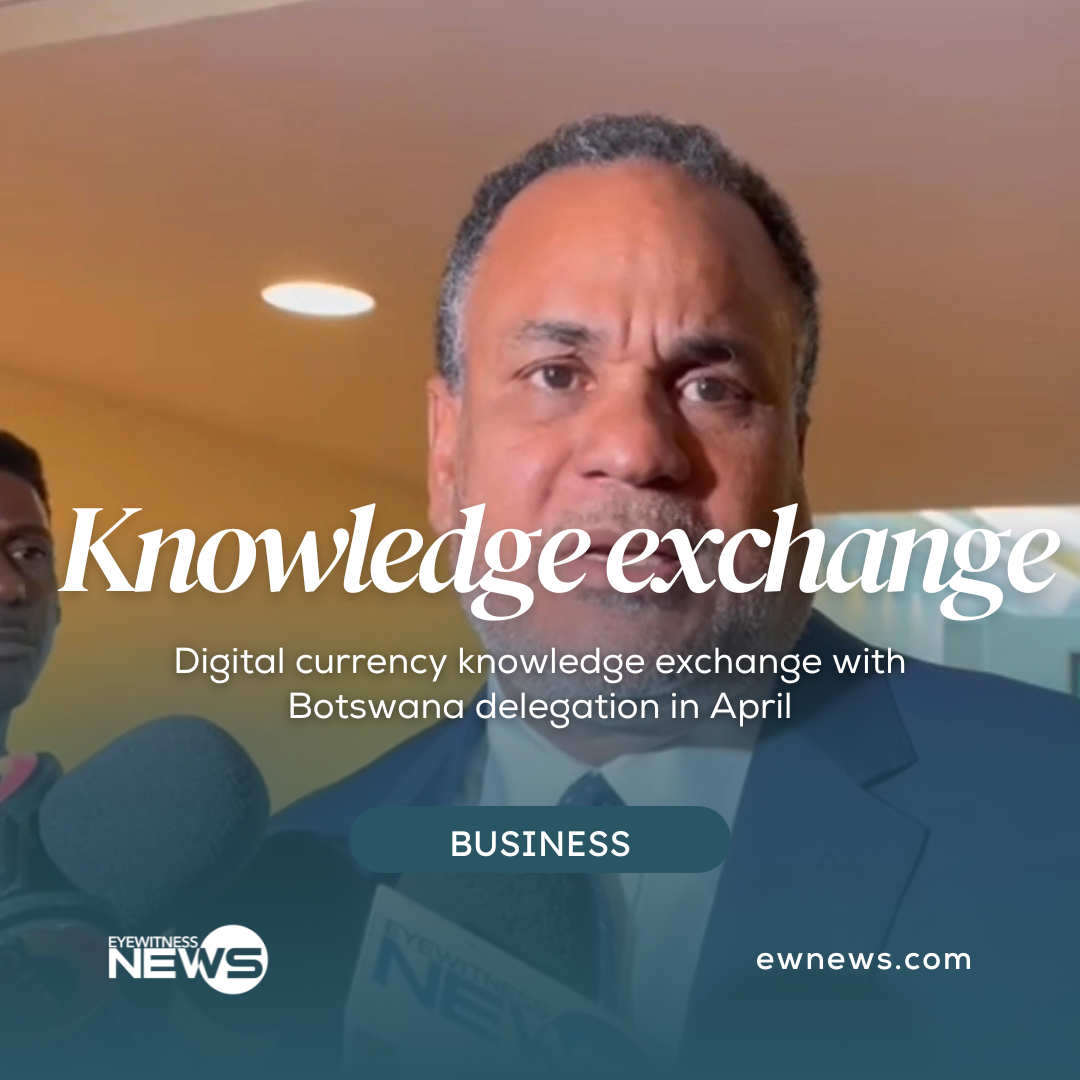NASSAU, BAHAMAS — Economic Affairs Minister Michael Halkitis has underscored the commonalities between The Bahamas and Botswana, with this nation set to welcome a delegation from the African country at the end of April for knowledge sharing over the Central Bank digital currency Sand Dollar.
Economic Affairs Minister Michael Halkitis, who is a part of the delegation in Botswana, explained: “We have many similarities. We are both determined to be middle-income countries and we are both still developing. We were able to discuss the possibility of collaboration and sharing information about our Central Bank digital currency. The aim of it is to ensure that our citizens dispersed across our nation have access to banking and payment services. We want to have some collaboration with the Bank of Botswana. We will welcome the delegation from the Bank of Botswana at the end of April where we will share our knowledge about our Central Bank digital currency.”
Halkitis added, “We also look forward to collaborating on how we address the whole global compliance architecture. We both have experience with being grey-listed by the OECD, EU, and other multilateral organizations and have had to do things to be delisted. We both are eager to see those organizations being removed as the arbiters of international tax compliance and replaced with a body of the United Nations which we believe would be more inclusive and give many other countries, including countries in the global south, a voice in what is compliance so there is no competitive advantage being acquired by some other organization making the rules.”
Prime Minister Philip Davis earlier this week, while in Botswana, noted that the ‘assault’ on offshore financial centers, which began in 2000, significantly reduced The Bahamas’ financial services segment contribution to GDP from 30 percent to 15 percent, as he highlighted the impact of ‘blacklisting’ on offshore financial centers.
Davis noted that blacklisting has arisen due to actions by the global North, including the European Union (EU) and the Organisation for Economic Co-operation and Development (OECD).






